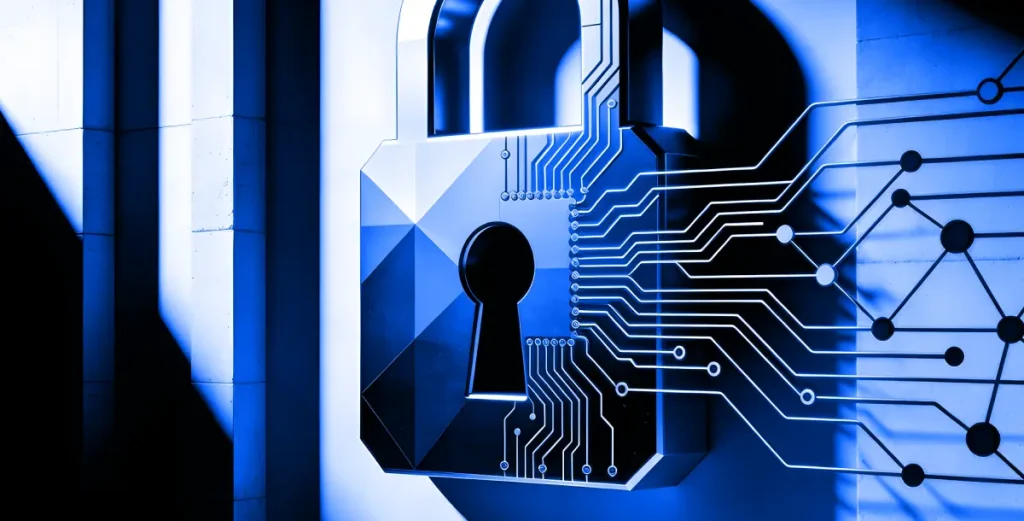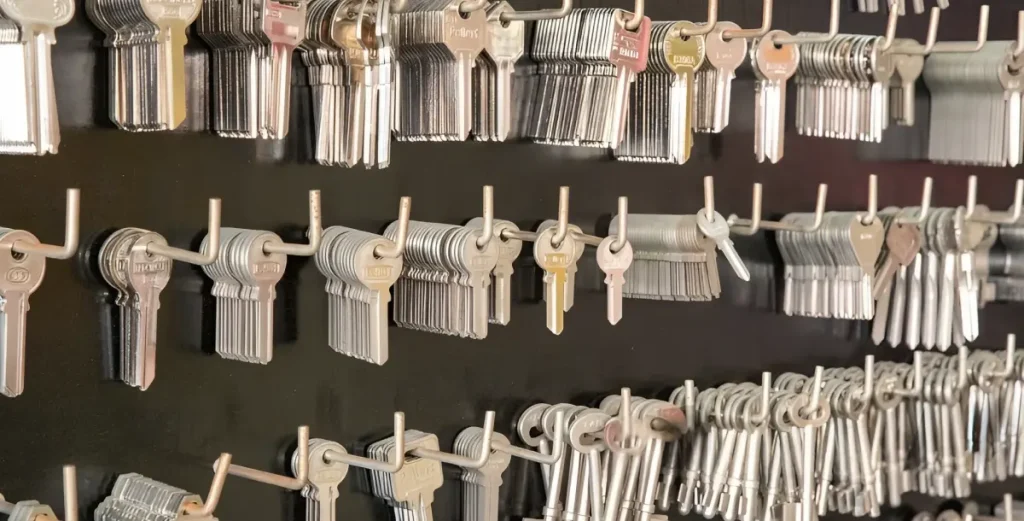In 2025, real-world asset (RWA) tokenization isn’t theoretical anymore. It’s live, regulated, and rapidly scaling.
Big names are already building:
- BlackRock tokenized U.S. Treasuries.
- Franklin Templeton issued tokenized money market funds.
- Siemens launched a €60M bond on-chain.
- Hamilton Lane made private equity investable via blockchain.
These aren’t experiments. They’re strategic moves by financial heavyweights leveraging blockchain to modernize markets.
So where does that leave you?
If you’re building blockchain infrastructure for finance—or managing digital asset strategy at a fintech, custody platform, or exchange—RWA tokenization may be the most important trend you act on this year.
Let’s break down what’s happening, what’s holding many back, and how ChainUp helps B2B players launch fast with full-stack RWA infrastructure.
What Is Real-World Asset Tokenization?
RWA tokenization turns tangible or traditional financial assets into blockchain-native tokens—while maintaining legal, financial, and regulatory backing.
These tokens can represent:
- Government bonds and T-bills
- Real estate holdings
- SME loans and private credit
- Carbon credits or energy assets
- Commodities like gold or oil
Unlike speculative crypto assets, RWAs are anchored to real-world value—and can be fractionalized, traded 24/7, and programmed with smart contract logic.
Why Institutional Demand for RWAs Is Exploding
Here’s why RWAs are the fastest-growing segment of on-chain finance:
| Driver | Benefit to Institutions |
| On-Chain Yield | Access to U.S. Treasuries or real estate-backed income |
| Global Liquidity | 24/7 trading, borderless investment access |
| Operational Savings | Lower transaction and custody overheads |
| Programmability | Automate redemption, compliance, and investor payouts |
| Transparency | Full audit trail of asset flows, investor records, and pricing |
According to Boston Consulting Group, $16 trillion worth of assets could be tokenized by 2030.
Case Study: How Credix Is Tokenizing Private Credit in Latin America
One of the most impressive examples of RWA tokenization in emerging markets is Credix, a DeFi platform focused on private credit in Latin America.
Credix works with fintech lenders across Brazil and other LATAM markets to:
- Tokenize SME loan portfolios
- Offer fractional debt to on-chain investors
- Automate yield payouts via smart contracts
- Provide full transparency on credit metrics and risk models
By using blockchain to represent real debt agreements, Credix allows capital allocators in the U.S. and EU to invest in yield-generating LATAM credit—without intermediaries or FX frictions.
Credix doesn’t just represent what’s possible—it shows what’s already working.
Industry-Specific Use Cases
RWA tokenization isn’t one-size-fits-all. Different sectors are leveraging it to solve real operational, compliance, and liquidity challenges—each in ways uniquely tailored to their industry mandates.
Banks & Fintech Lenders
- Offer tokenized bond or credit products
- Automate investor distributions
- Comply with cross-border investment regulations
For banks and fintech lenders, tokenization opens the door to offering regulated digital bonds or credit products that deliver yield and transparency. By automating investor distributions through smart contracts, these institutions can reduce administrative overhead while improving payout accuracy. Crucially, built-in KYC and jurisdictional controls make it easier to comply with complex cross-border investment regulations—without sacrificing speed or scale.
Real Estate Platforms
- Fractionalize property portfolios
- Launch compliant rental-yield tokens
- Enable secondary liquidity via DEX
In the real estate sector, platforms are increasingly turning to tokenization to fractionalize property portfolios. This approach allows them to lower investment thresholds and increase liquidity, particularly in traditionally illiquid assets. Rental income can be distributed programmatically via rental-yield tokens, while secondary trading becomes possible through integration with decentralized exchanges, improving capital efficiency and investor exit options.
Private Funds & Asset Managers
- Tokenize PE, VC, or private credit vehicles
- Provide 24/7 investor access and dashboards
- Lower entry thresholds via fractional tokens
Private funds and asset managers are using RWA tokenization to digitize assets across private equity, venture capital, and credit portfolios. With real-time dashboards and on-chain investor access, firms can provide 24/7 transparency and performance tracking—features increasingly demanded by LPs. Moreover, fractionalization enables them to tap into previously inaccessible investor segments by lowering minimum entry points.
ESG & Climate Initiatives
- Tokenize carbon credits or energy production
- Enhance traceability and investor transparency
- Create DeFi-based ESG trading markets
In the ESG and climate-tech space, tokenization is solving long-standing challenges around traceability and impact verification. Carbon credits, energy production rights, and other sustainability-linked instruments can be represented on-chain, offering greater auditability and trust. These digital assets also unlock new types of ESG trading markets, where impact can be verified in real time and exchanged across global networks without intermediaries.
The Bottom Line: Institutions Aren’t Waiting—They’re Scaling
Across sectors, one thing is clear: real-world asset tokenization is no longer experimental. It’s solving real problems—unlocking new capital flows, increasing transparency, and improving efficiency at every step of the value chain.
As the space matures, the question for B2B players isn’t whether this transformation will happen—it’s how to participate without falling behind.
How ChainUp Makes RWA Tokenization Enterprise-Ready
ChainUp delivers a plug-and-play, compliance-first infrastructure stack designed for RWA use cases.
Whether you’re tokenizing debt, property, or commodities, ChainUp offers:
| Challenge | ChainUp Solution |
| Compliance requirements | Built-in KYC, whitelisting, regional transfer controls |
| Custody and key management | MPC-based custody + integration with regulated custodians |
| Legal and SPV management | Pre-configured wrappers and legal templates |
| Smart contract deployment | Audited tokenization contracts with customization options |
| TradFi system integration | APIs, SDKs, admin panels, ERP sync modules |
| Liquidity and trading access | Native DEX + OTC rails for compliant asset flows |
The most forward-looking institutions aren’t asking whether they should tokenize real-world assets. That question has already been answered. Now, they’re focused on how to scale faster, with less friction and greater regulatory certainty. How long can you afford to wait?
Whether you’re launching tokenized debt, real estate, or commodities, you need:
- Legal frameworks
- Custody + integrated compliance features
- Interoperable infrastructure
- Liquidity technology and risk monitoring
ChainUp delivers it all—securely, at scale, and production-ready.
Ready to Launch Your Tokenized RWA Platform?
Schedule a discovery call with our RWA infrastructure team
ChainUp helps businesses & tech teams go live with tokenized assets —backed by enterprise-grade tooling, regulatory alignment, and global support.




